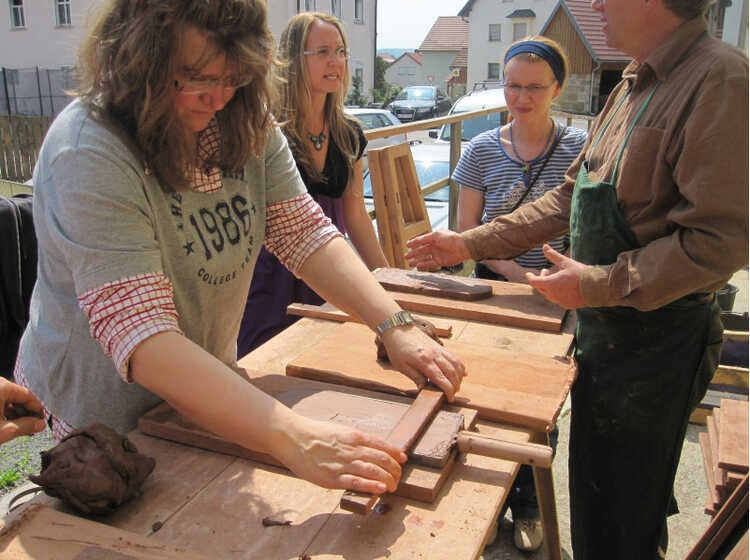Rhyzom is a collaborative network for local cultural production and trans-local dissemination funded under the Culture 2007 programme. Rhyzom is a partnership project with partners in Ireland, France, Turkey, UK and Germany, that aims to map emerging cultural productions related to local contexts (ie. eco-cultures, minorities’ skills and alternative economies, traditional practices and cultures of resilience, rural/urban exchanges), aiming to reinforce them through an European interdisciplinary network which constitutes a cultural collaborative platform for reciprocal empowerment and trans-local dissemination.
Activities include:
Cross thematic field trips, that allow the collection of information in situ for a collective database.
Immersive workshops, that constitute the framework for strengthening existing local initiatives and initiating exchange involving participants from other disciplines and contexts. Some of these workshops are accompanied by educational workshops with students from different Universities (Sheffield, Istanbul, Belfast, Bucharest, etc) involved in defining contextual issues and protocols for collaborative work and dissemination.
Trans-local dissemination, including the present website and nomadic exhibitions and rhizomatic publications.
The project is meant to evolve beyond this initial formula, and to include new partners and projects. New collaborations and networks could evolve using this platform as home.
Rhyzom was initiated by five co-organisers:
Atelier d'architecture autogérée (coordinator - Paris, FR), Platforma Garanti Contemporary Art Center (Istanbul, TR), AGENCY - The University of Sheffield (UK), Paragon Studios Ltd (Belfast, UK), Public works (London, UK).
Associated local partners include: ISPARA - Institute for Strategies of Participative Architecture and Spatial Appropriation (DE), FCDL - Foundation for Local Community Development (RO), My Village (DE, UK, NL), PEPRAV - (European Platform for Alternative Practice and Research on the City), Oda Projesi (TR).
Rhyzom has received support from the EC programme Culture 2007, the European Cultural Foundation and other local institutions and agencies.

Leave a comment